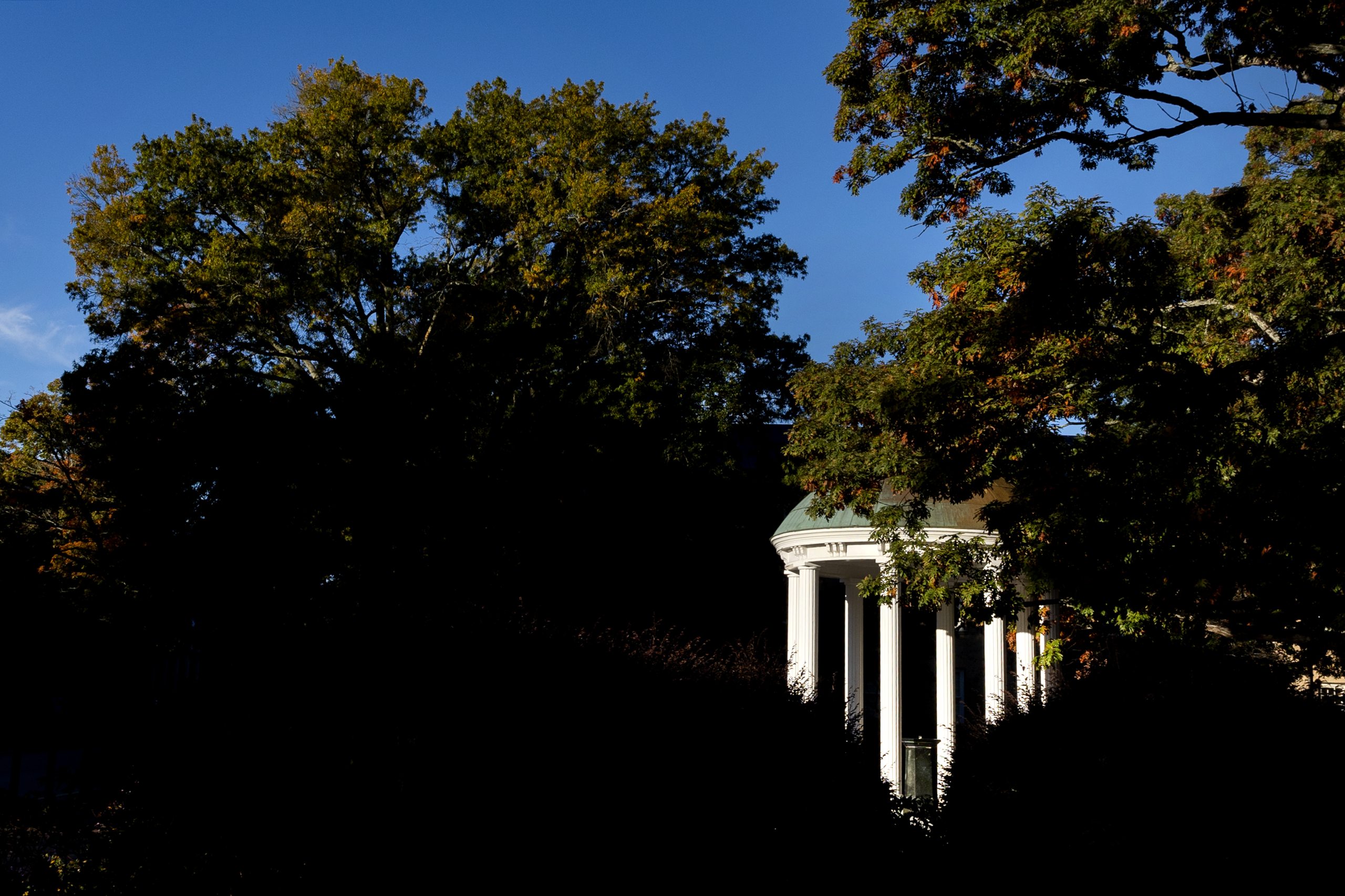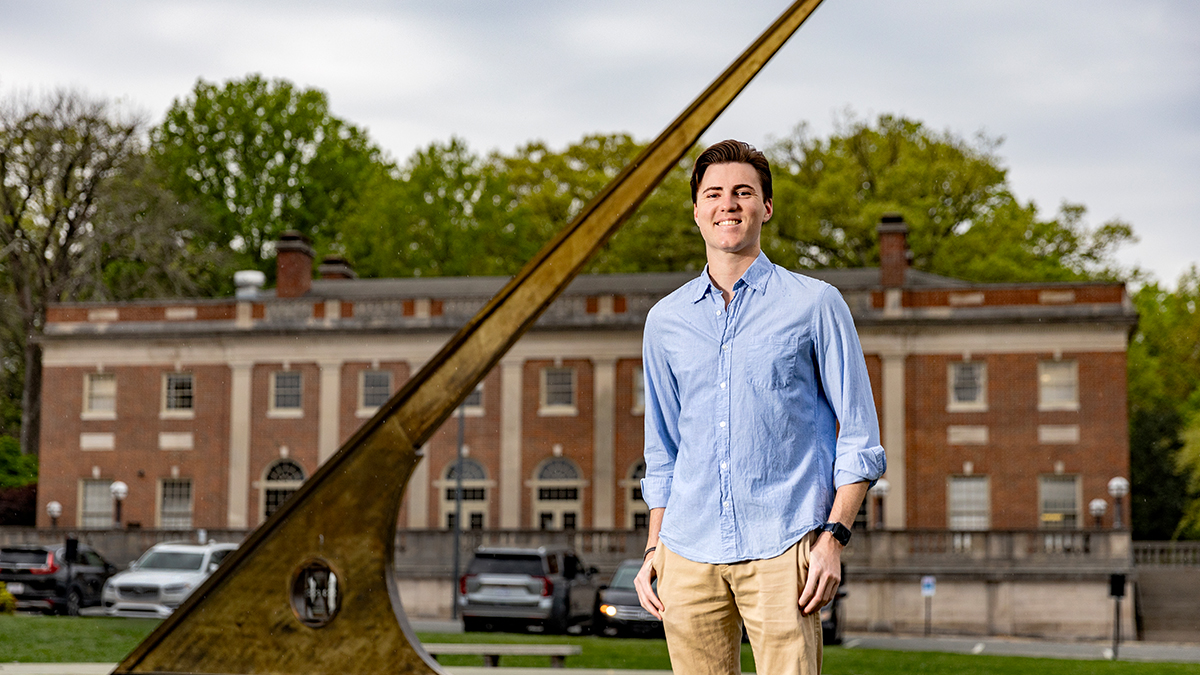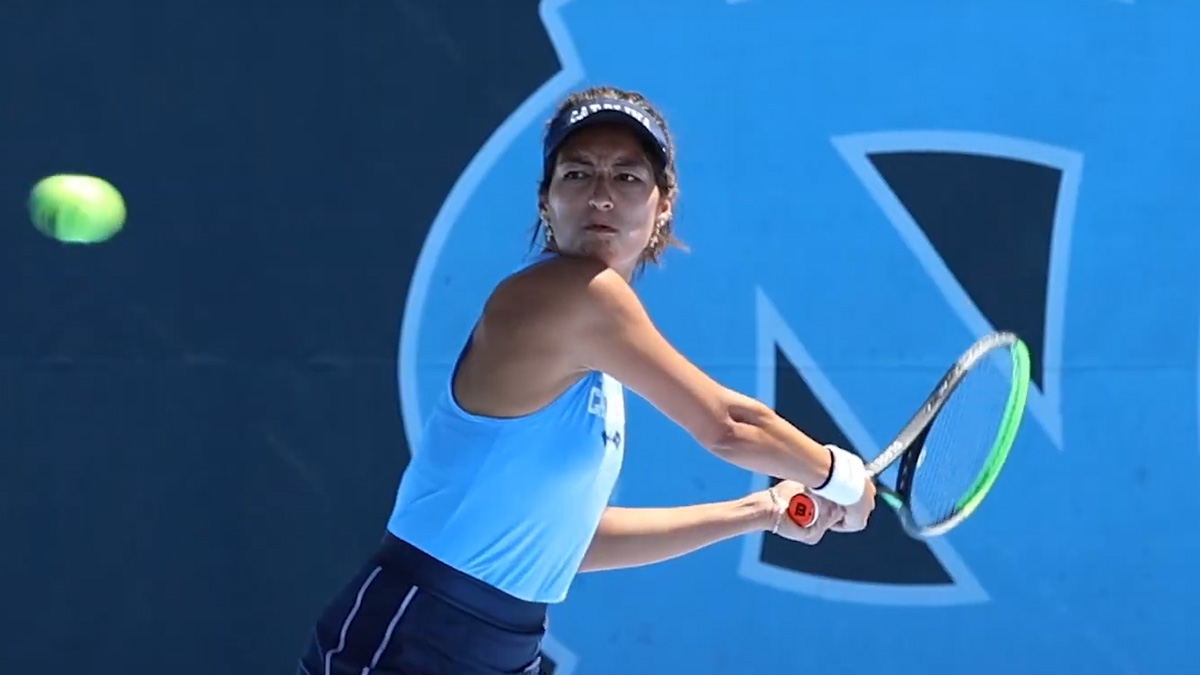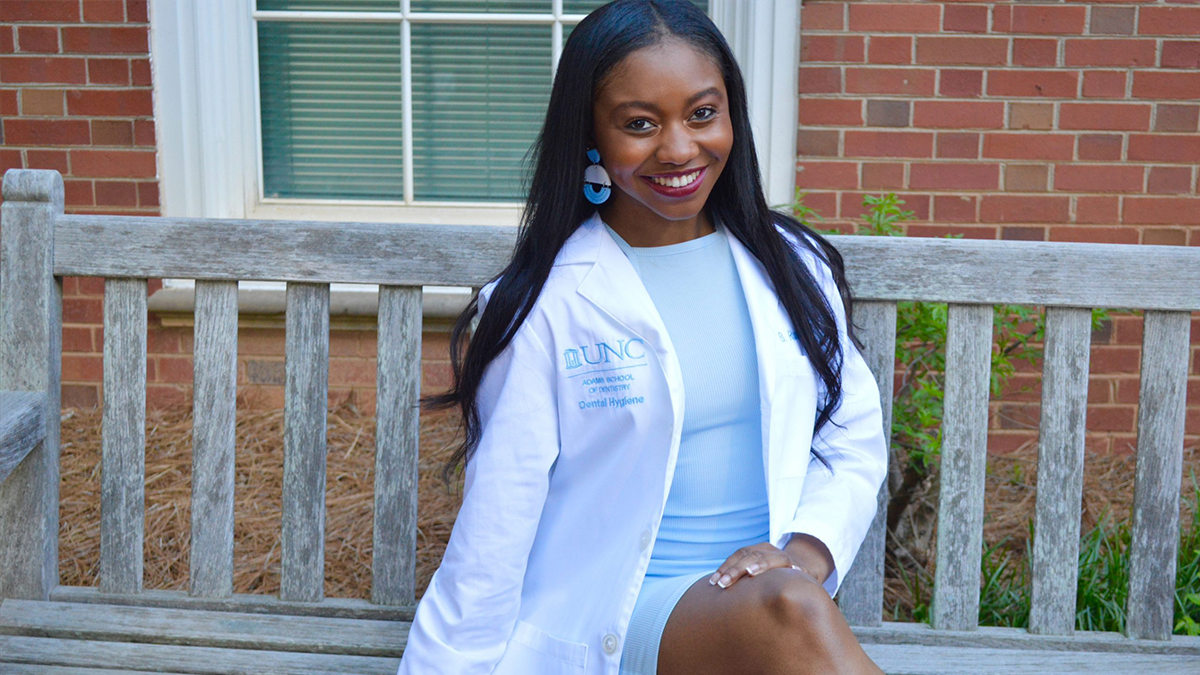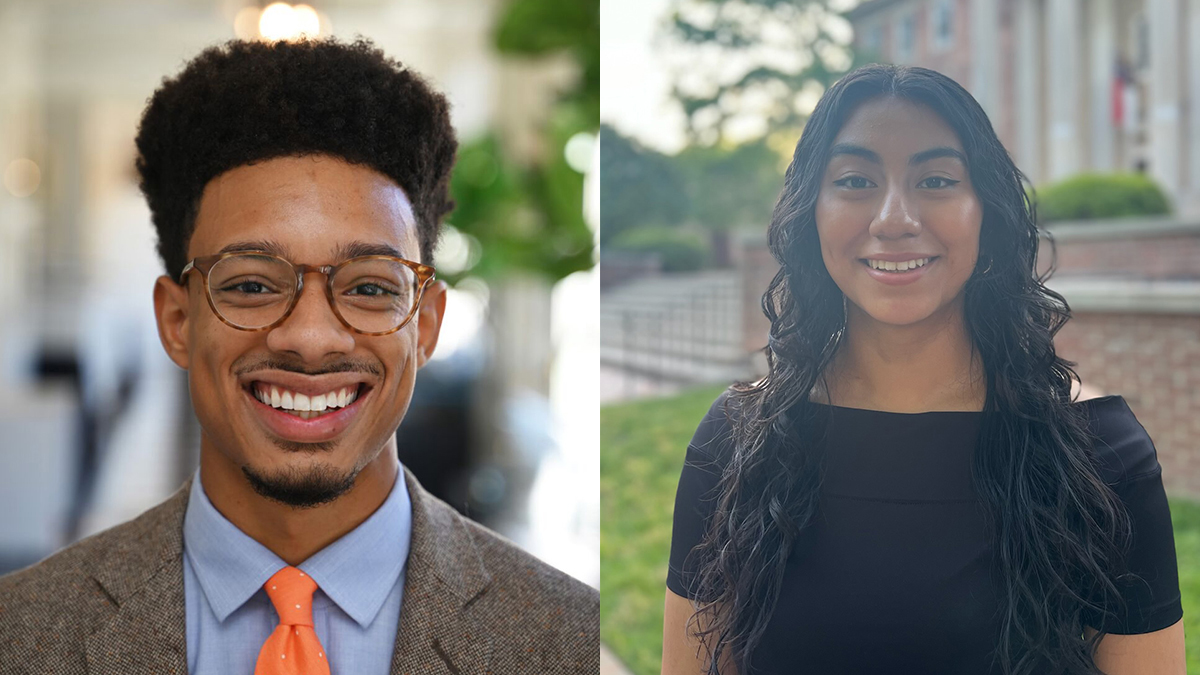Winter graduate continues to serve
Rick Cowan spent a decade serving the country as an Army medic. As he graduates from UNC-Chapel Hill’s Physician Assistant program this weekend, he will looks to serve veterans in North Carolina.
For 10 years, Rick Cowan served as an Army medic — both in the line of fire and at combat support hospitals in Iraq — conducting life-saving and essential medical care to more than 1,000 battlefield causalities.
But when he returned to civilian life in 2013, he found his options were limited. He was qualified only to be an EMT basic or nurse’s aide despite his years of training and experience.
“I took a lot of pride in being a medic in the Army and I wanted to do something similar to that getting out of the military,” he said.
Cowan turned to the UNC-Chapel Hill’s Physician Assistant program, where he became a member of the program’s inaugural class in 2015.
This weekend, Cowan will be among the first 20 students in the program to graduate.
Meeting the state’s needs
In North Carolina alone, an estimated 1 million people live in areas that do not have enough health care professionals to fully serve their communities. That number is expected to grow.
Carolina and the UNC School of Medicine created the physician assistant program to address that shortage, said Paul Chelminski, a clinical professor of medicine and director of the program.
The goal of the two-year program is to recruit non-traditional students who will then return to their rural communities in North Carolina to provide the much-needed medical care.
Veterans — particularly those who served as special operations medics — are a logical choice to help the program meet its goal. Of the program’s 2015 inaugural class, 45 percent were veterans.
“There was tremendous wasted potential,” Chelminski said. “These are people who had over a year of dedicated medical training in addition to their other military-specific training and tens of thousands of hours of practice experience in the military who could not apply their skills at a civilian level.”
The Army medic
Cowan had always been drawn to two things: medicine and the military.
“I was obsessed with everything military,” he said. “I always had little toy guys, played with GI Joes. It was always something I wanted to do.”
He had planned to enlist in the military after high school and, having grown up just miles from New York City, the events of Sept. 11, 2001 solidified that trajectory.
“Just like a lot of people, when I was leaving school that day I was trying to go right down to the recruiter’s office and enlist,” he said.
Cowan’s grandparents, however, wanted him to attend college and become the first member of the family to earn a bachelor’s degree. He could join the military afterwards, they argued. But after just two years at Rutgers, he decided to enlist
He told the recruiter he wanted to be a medic and “wanted to be in the first thing going overseas.”
During his Army career, Cowan deployed to Mosul and Al Assad, Iraq, for a total of 18 months where he served as a combat medic with infantry units and assisted in combat support hospitals, which treated battlefield injuries.
“It was a really, really great learning experience from the medicine side of it,” he said. “I got to do all kinds of things that in the civilian side would be out of my scope of practice.”
Working closely with the physician assistants in the Army gave Cowan his first glance at his future profession.
‘Setting the tone’
After Cowan transitioned out of the military in 2013 and finished his bachelor’s degree at Campbell University, Carolina’s physician assistant program was accepting applications for its first class.
“I knew that they would know what my background was, what my training was and what I’m capable of doing,” he said. “How often do you get the opportunity to be the first class of anything at a school like UNC?”
As members of the first class, Cowan said he and his classmates focused not just on their classroom, but on building the culture of the new program and “setting the tone” for future students.
“We didn’t want it to be a competitive program within the class itself,” he said. “We wanted it to be more of a family. We wanted everybody to be successful. If somebody was struggling in one thing, we’d try to help them out because we knew just from our military experience if you’re struggling with something one day, down the road, somebody will be struggling with the same thing.”
Cowan is now looking forward to taking the next step in his medical career — one that keeps him close to both of his lifelong passions.
“I’m hoping to end up working with VA Hospital in Durham,” he said. “I thought obviously being a veteran myself I had a really good connection with the veterans over there and I like working with them and want to give back. We have such a huge veterans’ presence in North Carolina, so that hospital is really busy and they could use the help.”
